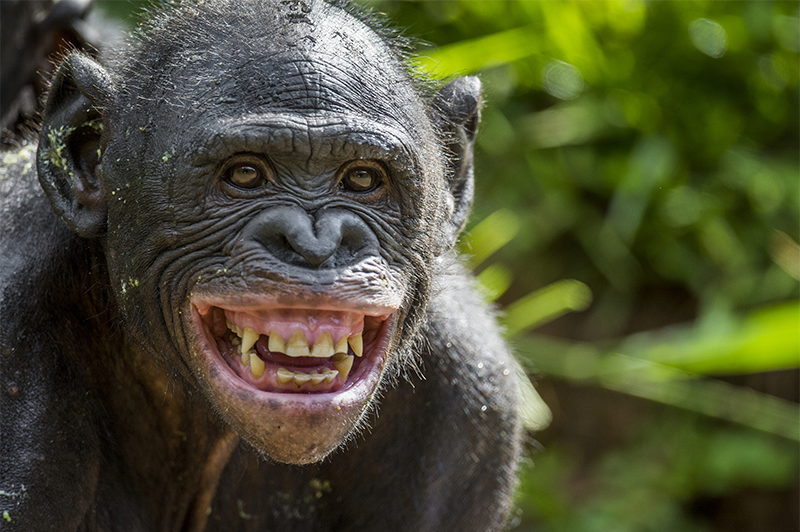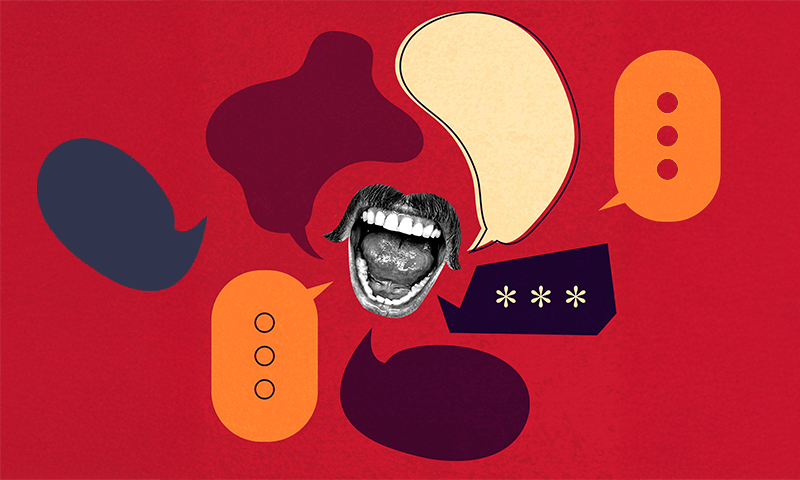Now Reading: Laughing Apes Take Risks
-
01
Laughing Apes Take Risks
Laughing Apes Take Risks

The full Nautilus archive
•
eBooks & Special Editions
•
Ad-free reading
- The full Nautilus archive
- eBooks & Special Editions
- Ad-free reading

You’ve likely experienced it before: Feeling your worst after a series of soul-crushing setbacks, say, getting a flat tire shortly after losing your favorite watch. But when a friend cracks a joke about the cruelty of fate and begins to chuckle, it’s undeniably infectious. Suddenly, things don’t seem so bad after all.
We’re not the only species who can cheer up instantly after a good laugh. Bonobos, some of humans’ closest living relatives, seem to adopt a brighter outlook after hearing the laughter of other apes. This may drive them to make riskier choices with hopes of more positive outcomes, according to recent research published in Scientific Reports.
Great apes have long been observed giggling during play. Researchers have suggested that laughter in great apes shares an evolutionary history with human laughter, which sounds similar to that of non-human primates. But it wasn’t clear whether these behaviors influenced the emotions and thoughts of non-human primates. For a firmer grasp of ape funny business, scientists conducted what they say is a first-of-its-kind experiment with bonobos.
The team, from the United States and Germany, trained bonobos to explore black boxes that contained food rewards and stay away from white boxes that were always empty. But after playing recorded bonobo laughter, or a control sound of ambient wind, they brought out gray boxes never seen by the apes—unbeknownst to the subjects, they contained food half the time. Earlier research indicates that when humans and animals contend with ambiguity while in a more positive emotional state, they tend to be more optimistic while making choices. This dynamic seemed to also operate in the bonobo experiment: Bonobos who heard laughter were more than three times more likely to head over to the mystery box, seeming to anticipate the presence of food.
“Think of it like the rose-colored glasses effect,” said study author Sasha Winkler, an animal behavior scientist at Indiana University Bloomington, in a statement.
Research into animals’ emotions has mostly focused on negative feelings such as fear and aggression. But work into happier moments, like laughter, could illuminate important insights into how primates get along. Contagious laughter is considered a key piece of building empathy, the paper notes, and studying it among our hairier relatives could reveal how humans evolved to bond and work together. ![]()
Lead image: Sergey Uryadnikov / Shutterstock
-
Molly Glick
Posted on
Molly Glick is the newsletter editor of Nautilus.























